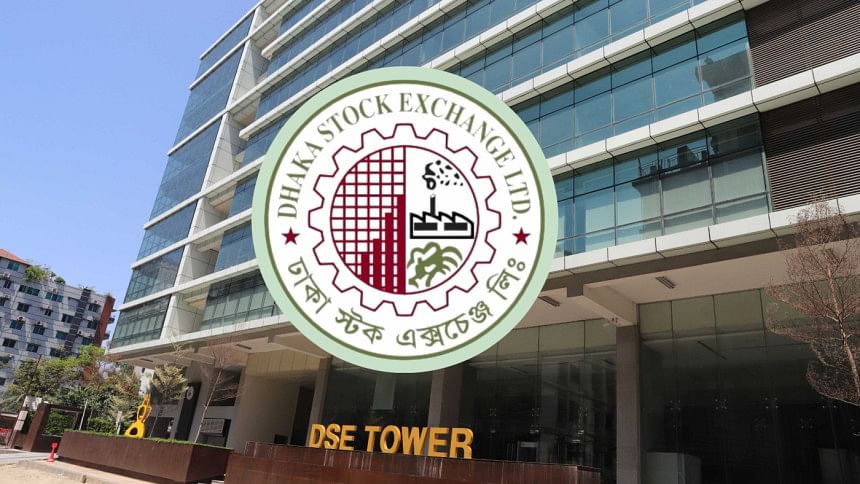Brokers call for overhaul of DSE board structure

Stockbrokers have called for a reduction in the number of independent directors on the board of the Dhaka Stock Exchange (DSE), arguing that many such appointees lack relevant experience and are politically biased.
On July 17, the DSE Brokers Association of Bangladesh (DBA) sent a letter in this regard to Anisuzzaman Chowdhury, special assistant to the chief adviser and chair of the committee tasked with strengthening the Bangladesh Securities and Exchange Commission (BSEC).
The letter, seen by The Daily Star, calls for a revision of the 2013 Demutualisation Scheme, which was introduced to enhance transparency and accountability at the country's stock exchanges.
Under the scheme, the DSE board comprises 13 members: seven independent directors, four shareholder directors, one nominee from the strategic investor, and one ex-officio managing director. The chairperson must be chosen exclusively from the independent directors.
The DBA argues that this structure is unbalanced.
In the past, it says that the board chairs and independent directors were frequently appointed on political grounds, often without sufficient knowledge of the capital market.
As a result, such directors struggled to make informed decisions or support market development, the association notes.
"Furthermore, the dominance of independent directors without ownership stakes created opportunities for decisions that conflicted with the interests of market stakeholders," reads the letter.
The DBA contends that these provisions have facilitated the politicisation of the DSE board, allowing past governments to exert undue influence. This, in turn, has undermined market discipline, caused losses to investors, and weakened the exchange's institutional integrity.
"The DBA expressed concern that similar scenarios could recur under future political administrations," states the letter.
To address these issues, the DBA has proposed a restructured board comprising 11 members: five independent directors, four shareholder directors, one strategic investor nominee, and one ex-officio managing director.
It also recommends that the role of chairperson be open to all board members—excluding only the ex-officio director.
This revised structure, the DBA believes, would ensure a better balance of power and increase transparency in board decision-making, contributing to the sustainable development of the capital market.
It also recommends that the managing director be designated as the reporting authority for the chief regulatory officer (CRO) regarding all regulatory matters. At the same time, the CRO would continue reporting to the Regulatory Affairs Committee.
At present, the CRO reports solely to the Regulatory Affairs Committee (RAC), bypassing the MD or CEO.
This arrangement, the letter notes, has created a communication gap, limiting the MD's awareness of regulatory issues and weakening trust between market intermediaries and DSE leadership.
In addition, the DBA recommended that the authority to revise the DSE's organisational structure should rest with the board, rather than being bound by the fixed organogram laid out in the original Demutualisation Scheme.
Therefore, the DBA proposes the removal of this clause from the Demutualisation Scheme.
At present, the scheme includes a fixed and detailed organisational organogram for the DSE, which restricts flexibility in updating the organisational structure and positions as needed.

 For all latest news, follow The Daily Star's Google News channel.
For all latest news, follow The Daily Star's Google News channel. 



Comments